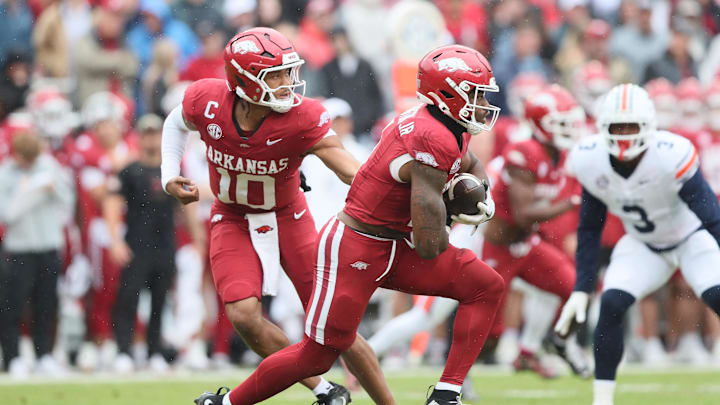For years, the SEC quietly enjoyed a scheduling advantage that few outside the region fully appreciated. While the league played an eight-game conference slate, each team also kept a non-conference matchup, usually against a Group of Five or FCS opponent, tucked away in November. Critics from other conferences rolled their eyes at the SEC’s so-called “late cupcake,” but the truth is simple: nothing stopped those leagues from doing the same. Pride alone kept them from placing non-conference games late in the year, and in hindsight, it was a misguided stance.
The SEC’s November non-conference tradition wasn’t about dodging competition. It was about survival. In a league that annually produces some of the nation’s most brutal schedules, that late breather served two major purposes. First, it gave starters a chance to recover after weeks of SEC-level physicality. Second, and perhaps more critical for programs stuck in a rut, it provided a buffer for teams fighting losing streaks, allowing coaches to reset momentum before the final stretch.
For Arkansas, losing that game from the schedule couldn’t have come at a worse time.
The Razorbacks Need a Win, Any Win
The Hogs are desperate for a spark. At this point, a victory of any kind would help restore even a sliver of positive energy in a season where optimism has grown painfully scarce. That November non-conference game used to offer exactly that opportunity: a winnable matchup that could stop the bleeding, settle nerves, and let the staff reshape the narrative before closing out with their most difficult opponents.
Now, with that game gone, Arkansas must grind through a wall-to-wall SEC gauntlet with no relief in sight. Momentum is a real thing, especially in the game of football. That revival of confidence and seeing a possible win in the win column would've done wonders for this team skidding on an eight-game losing streak right now.
Lost Development Opportunities
The scheduling shift also hurts long-term development. Early-season non-conference games are useful, but they don’t always reveal how freshmen, transfers, and young backups perform once the season’s pressure, physicality, and fatigue have set in. Late-season reps provide a much clearer picture of how players have grown and adapted after months in the program.
A November non-conference game would have allowed Arkansas to evaluate its younger players in meaningful situations while still maintaining redshirt flexibility. It would have helped build depth before rivalry games, allowed coaches to manage injuries more effectively, and offered a chance for lineup experimentation without the immediate punishment that comes with making mistakes against SEC defenses.
Other SEC programs have long understood the value of this setup. Georgia, Alabama, and Ole Miss have all routinely scheduled late-season non-conference games that, while not guaranteed wins, provide strategic advantages in a conference where nearly every opponent is ranked or pushing for postseason contention.
The SEC Gauntlet Isn’t a Myth
Critics often scoff at the idea of SEC hardship, but the numbers tell a clearer story. Season after season, the conference is filled with teams ranked inside the top 25 or top 30 nationally in strength of schedule. Running through eight straight SEC matchups, or now even more, is physically and mentally draining. For a program still working to rebuild depth and consistency, it is an especially punishing path.
Players and coaches understand that this level of competition is part of what they signed up for, yet that reality doesn’t change the fact that other SEC schools have been benefiting from a late-season breather for years. Arkansas simply didn’t take advantage of that opportunity the way it could have, and the consequences are now more evident than ever.
A New Scheduling Era and New Challenges
With the SEC moving to a nine-game conference slate, finding room for a late non-conference matchup becomes more complicated, but not impossible. If Arkansas wants to create a more balanced season, it still has the ability to schedule a mid-season or late-season non-conference opponent, though the windows are narrower and require more deliberate planning.
Doing so would not only give Arkansas’s starters a short respite but would also preserve redshirt opportunities deep into the season. Players who haven’t reached the four-game participation limit could still gain valuable real-game experience at a time when their development is easier to assess.
Bottom Line
The late-season non-conference game was never a gimmick; it was a smart scheduling strategy that much of the SEC used to its advantage long before playoff expansion or conference realignment. Arkansas missed that opportunity, and this season has made the absence feel especially painful.
In a league this demanding, every edge matters. And right now, the Razorbacks could use every edge they can get.
